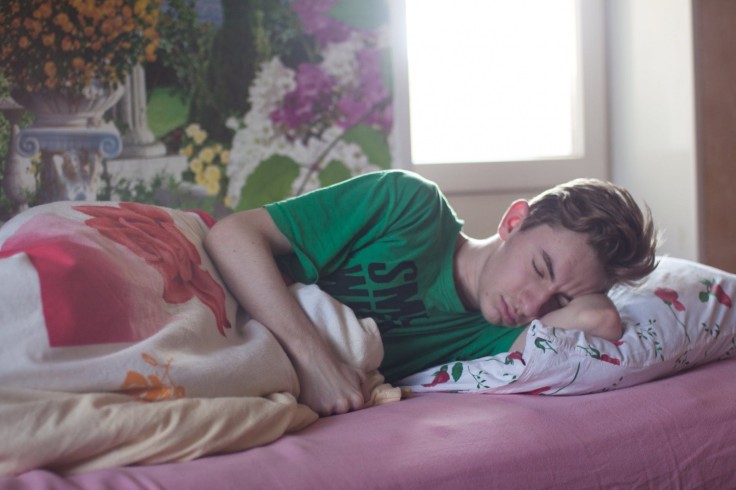
Teenagers have busy lives. They are faced with jam-packed schedules, juggling their school, extracurricular activities, personal lives, and social lives. They have to cope with stress daily, and it also does not help that they are in the stage wherein hormones kick in and they are slowly growing and developing mentally, emotionally and physically.
Teenage years are also the time wherein cliques are formed. According to research published in the Journal of Adolescent Research, these groups are formed based on what you are and who you are. Teenagers are then divided into 12 different groups, the popular ones, the jocks, those who go with the flow or floaters, those who are overachievers, the hipsters or the indies, the smart ones, normals or those who don't fall under any clique, the stoners, the goths, the anime lovers, the loners and those who belong in a racial group or ethnic group.
Because of this set-up, a lot of teenagers face discrimination and racial bias, making them feel unwanted and an outcast. A group of researchers lead by Yijie Wang, assistant professor of human development and family studies at Michigan State University, published a study in Child Development and found out that one way that teenagers can cope with stress due to discrimination is to sleep.
Sleep help teens with social stress
The study that Wang did focused on ninth-grade students, and they found out that proper sleep, which is 8 hours straight, allowed the participants to cope with the challenges and discrimination that are linked to racial bias or ethnic bias. Sleep also helped them academically because their problem-solving skills improved drastically as they got to focus more and they were more open to their friends about their hardships.
Compared to little children and adults, teenagers have a higher chance to sleep less because of their jam-packed schedules, early school times, numerous projects and assignments, extra curricular activities and social activities. The change from grade school to high school introduces students to more diversity in their environment and their friend groups, that is why cliques and groups are formed for them to be with those that they are more familiar and comfortable with.
Through this study, Wang and co-author Tiffany Yip of Fordham University wanted to show the positive effects of a good and complete sleep and how it becomes a coping mechanism for those teens who are faced with discrimination daily. They stated that teenagers who get 8 hours of sleep or more can better cope with discrimination at school than those who lack sleep.
The participants of the study were made to wear actigraphy watches. The watches tracked their physical activities throughout the day with one-minute intervals and the watch also recorded the sleep-wake state of the participants. The study was done daily for two straight weeks.
The students were also asked to answer a survey daily during entirety of the study, and they answered them before they went to sleep. They also wrote down their experiences during the day and it included racial and ethnic discrimination and they recorded how they responded to stress and discrimination. The researchers assessed the psychological well-being of the participants after the survey was submitted.
The researchers found out that, surprisingly, when teens are faced with stress, they turned to their friends instead of their parents for support and comfort in order to deal with discrimination.
The role of parents
Parents should play an important role in helping their children cope with social issues and they should make sure that their children get enough sleep. Aside from sleeping for 8 hours, it is also important to have a good quality sleep and that includes regular bedtime, having a quiet environment and limited social media use.
Wang said that the benefits of a healthy sleeping routine can help teenagers cope with the challenges of life in high school and it can also help them prepare for their life in the future.
ALSO READ: How to Sleep Train Toddlers and Big Kids